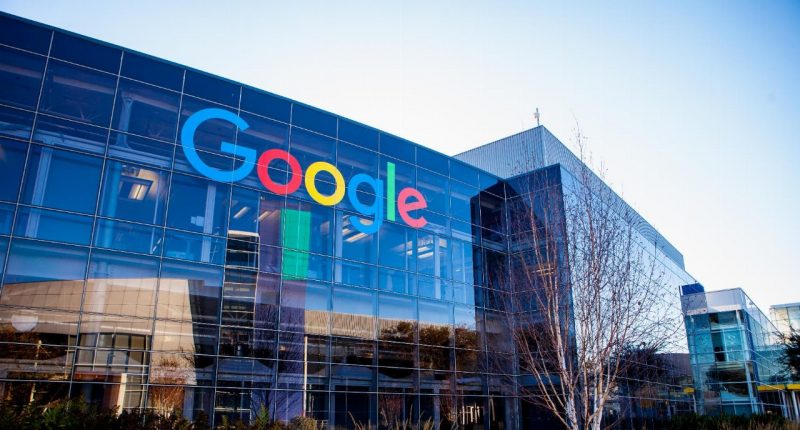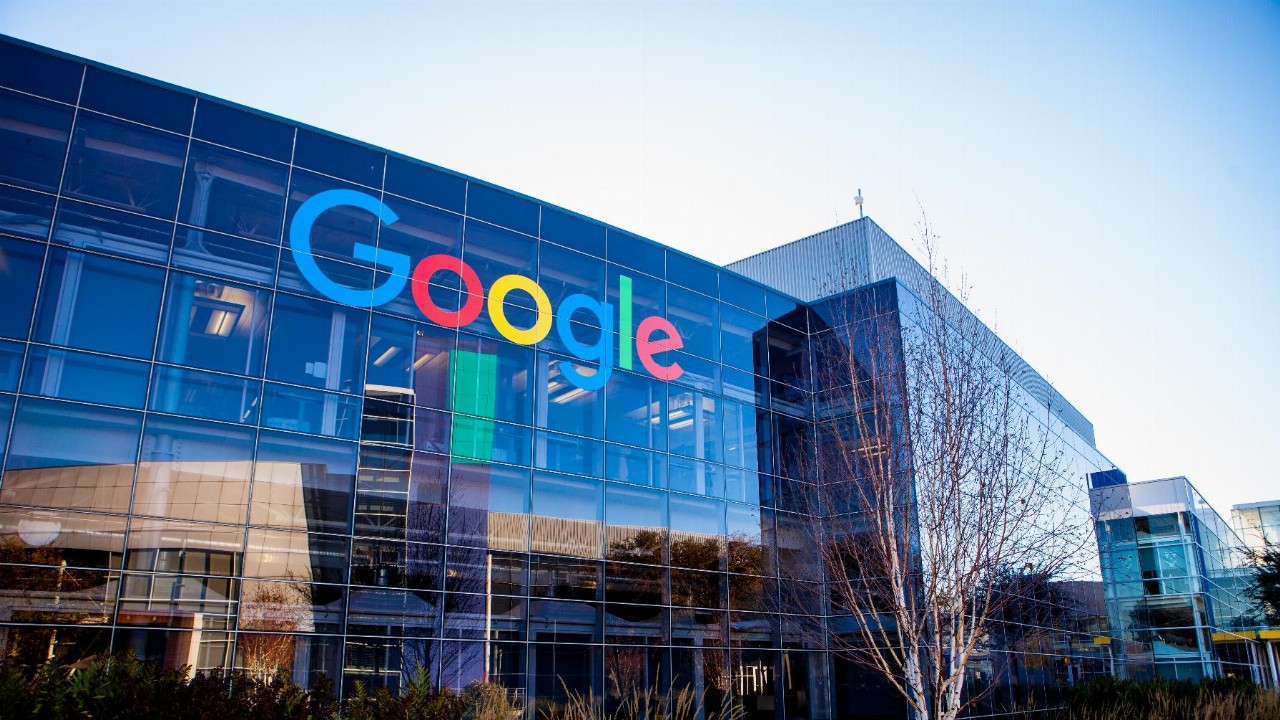- In a landmark antitrust lawsuit, the U.S. Department of Justice has accused Google of holding an unlawful monopoly over the search engine industry
- The department has taken issue with Google’s largely unchallenged control as the de facto search engine, a position the company has continually reinforced through exclusivity agreements with come of tech’s biggest companies
- Google currently accounts for almost 90 per cent of all search queries in the U.S., and further extends its reach through its proprietary web browser
- In response, Google has called the antitrust lawsuit “deeply flawed” and claims its majority presence in the sector is due to consumer choice, rather than monopoly tactics
- The case is expected to take a number of years to finalise
In a landmark antitrust lawsuit, the U.S. Department of Justice (DoJ) has accused Google of holding an unlawful monopoly over the search engine industry.
The U.S. filed the civic antitrust suit against the tech giant earlier this week, alleging Google has been acting as a “monopoly gatekeeper to the internet.”
Specifically, the DoJ has taken issue with Google’s largely unchallenged control as the de facto search engine, a position the company has continually reinforced through exclusivity agreements with some of tech’s biggest companies.
Considered one of the wealthiest and most influential companies globally, Google currently accounts for almost 90 per cent of all search queries in the U.S., and further extends its reach through its proprietary web browser and other related services.
By using its profits and market share to negotiate long-term agreements with industry giants like Apple, the DoJ believes Google has created a “continuous and self-reinforcing cycle of monopolisation.”
As a result, the DoJ is accusing Google of engaging in “anticompetitive practices”, which now allow it to charge advertisers inflated rates in an uncompetitive market.
The tech behemoth has already received substantial fines from European regulators over similar antitrust breaches, including US$1.7 billion in 2019 (approximately A$2.41 billion) related to its advertising practices.
U.S. Attorney General William Bar said the lawsuit strikes at the heart of Google’s grip over the internet for millions of American consumers, advertisers, small businesses and entrepreneurs beholden to an unlawful monopolist.
“Competition in this industry is vitally important, which is why today’s challenge against Google – the gatekeeper of the Internet – for violating antitrust laws is a monumental case both for the Department of Justice and for the American people,” he added.
In a lengthy response, Google claimed the antitrust lawsuit is “deeply flawed” and noted that its search engine does not come preloaded onto Microsoft devices, which account for a substantial portion of the market.
Today’s lawsuit by the Department of Justice is deeply flawed. People use Google because they choose to — not because they’re forced to or because they can’t find alternatives. We will have a full statement this morning.
— Google Public Policy (@googlepubpolicy) October 20, 2020
Google also claimed that its overwhelming presence in the sector is due to consumer choice, rather than monopoly tactics, citing the ready availability of competitors both online and on app stores.
“We understand that with our success comes scrutiny, but we stand by our position. American antitrust law is designed to promote innovation and help consumers, not tilt the playing field in favor of particular competitors or make it harder for people to get the services they want,” the company concluded in a public response to the legal action.
The case is expected to take a number of years to finalise.







